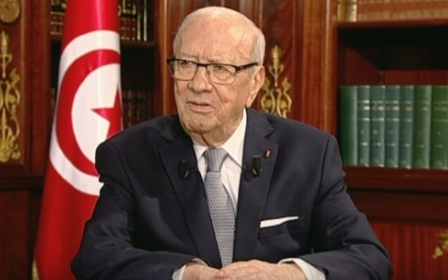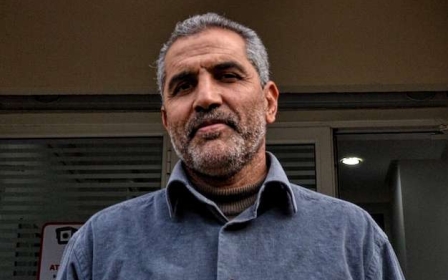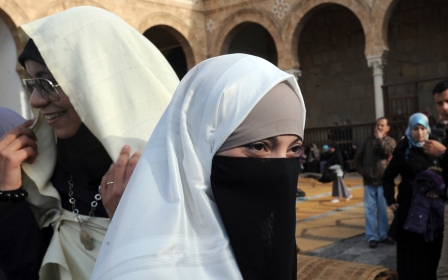Tunisia promised billions in aid to boost ailing economy
Qatar said it would provide $1.25bn in aid to shore up Tunisia's post-revolution economy as regional and Western partners pledged extensive financial backing at an investment conference on Tuesday.
The money from Qatar, announced by the emir, Sheikh Tamim bin Hamad al-Thani, is the biggest single offer of aid to Tunisia since a 2011 uprising ushered in a democratic transition but also years of economic uncertainty and weak growth.
The European Investment Bank (EIB) said it would lend Tunisia $2.65bn by 2020, while the Arab Fund for Economic and Social Development said it would give $1.5bn in soft loans over the same period. Kuwait is to lend $500m and Turkey said it would deposit a $100m zero-interest loan at Tunisia's central bank.
Tunisia is also expecting to sign deals worth $4.3bn to finance economic projects during the conference, said Khalil Abidi, a senior Tunisian official.
Representatives from some 40 countries are in Tunis for the event. Tunisia is trying to reverse a decline in foreign investment following the revolt that toppled Zine El-Abidine Ben Ali five years ago.
The North African country has been lauded as the sole political success story of the Arab Spring for its democratic transition, but it has made slow progress on economic reform.
Labour unrest and militant attacks have hit investment and tourism, and unemployment is high, especially among the young. Corruption and cronyism are widespread, and parts of the interior remain severely marginalised.
"Tunisia has been passing through a very particular phase and requires a level of support that it would not normally need," Tunisian President Beji Caid Essebsi told the conference.
Sheikh Tamim called the conference "an example of how to support a promising experience and to avoid the worst".
Foreign partners have previously said they are willing to provide aid and loans, but Tunisia has complained that pledges are not always fulfilled. Securing long-term economic investment has been more of a challenge.
Prime Minister Youssef Chahed's government says an investment law approved in September can help revive the flow of foreign capital. The law reduces bureaucracy, limits taxes on profits, and eases restrictions on transferring funds out of the country.
Under pressure from international lenders, Chahed's government is also pushing a package of measures in its 2017 draft budget aimed at cutting public spending and raising new revenue to reduce the deficit.
But the move risks provoking a new wave of social unrest, with several sectors either holding strikes or threatening to do so over proposed new taxes and a public salary freeze.
Tunisia recently cut its 2016 growth forecast to 1.5 percent from 2.5 percent. Its fiscal deficit for next year is projected to be 5.4 percent of GDP.
New MEE newsletter: Jerusalem Dispatch
Sign up to get the latest insights and analysis on Israel-Palestine, alongside Turkey Unpacked and other MEE newsletters
Middle East Eye delivers independent and unrivalled coverage and analysis of the Middle East, North Africa and beyond. To learn more about republishing this content and the associated fees, please fill out this form. More about MEE can be found here.




